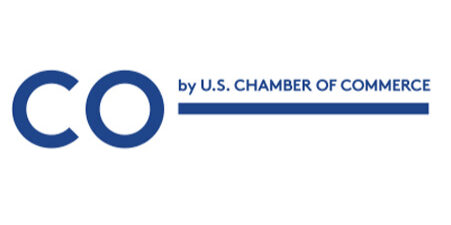Perspectives – Marc Cooper – December 2022
The Perils of Modern Media
by CEO Marc S. Cooper
As 2022 draws to a close in a politically polarized America, there’s one issue, at least, on which we seem to agree. According to opinion surveys, there is widespread, bipartisan dissatisfaction with the direction of the country. For me, the wave of negativity washing over the nation seems detached from a more complex reality.
Yes, America is far from perfect, and faces long-term fiscal and competitive challenges. However, the US is still home to a $25 trillion economy, leads the world in Nobel Prizes, boasts a formidable military and remains a respected, multicultural democracy in many parts of the world.
In my experience, things are never quite as bad – or as good – as they seem. Unfortunately, that kind of nuance is often lost in the media noise from American newspapers, cable tv outlets and social media platforms. I suspect this pervasive sense of gloom has a lot to do with this nation’s polarized and opinion-saturated media ecosystem.
This undoubtedly shapes the way we process information about the health of the nation, as well as our subjective experience of what it’s like to be an American in the 2020s. “If it bleeds, it leads,” as they say in the network television business. That’s a simplistic cliche, but I think it reflects an underlying truth: there’s a real bias toward negativity in much of the media.
Don’t get me wrong. An open and free press that delivers balanced information about social ills and wrongdoing by the powerful is important. We will learn much, for example, in the coming months from the spectacular crash of cryptocurrency exchange FTX.
Countries with reliable, independent media outlets offer guardrails that may prevent leaders from making major policy blunders, or at least reversing them. Think Vladimir Putin has had a good year? The Russian autocrat allows little dissent from his state-controlled media and, by any objective measure, his decision to invade Ukraine in February has been a strategic blunder of historic proportions.
Closer to home, our 24-hour news cycles and profit-driven media model incentivize talking heads to deliver stories that alarm or enrage, rather than inform. Peddling political outrage is a big business; it stokes ratings and advertising revenue.
Cable news networks that cater to progressives or conservatives resemble non-stop variety shows of opinion. Politicians and pundits are handsomely compensated for serving up shock-and-awe sound bites and simplistic media narratives to a mass audience.
Amplifying all of this are social media networks like Twitter and Facebook, whose algorithms fashion information bubbles of like-minded users. Disinformation and conspiracy theories reach billions of readers worldwide, before ever being challenged, let alone debunked.
Humans aren’t always rational. As cognitive psychologists will tell you, once humans become emotionally invested in media narratives, we tend to seek out only information consistent with our existing beliefs. Alternative views are downplayed, or dismissed outright. This so-called confirmation bias may explain why bipartisan cooperation has been so rare in recent decades.
So here’s a New Year’s resolution to consider. Let’s all be smarter media consumers in 2023. Consider arguments that challenge your own. Read more widely. If the facts change, perhaps be open to the possibility of changing your mind. The world is a very complex place, and our understanding of what’s true can sometimes evolve.





